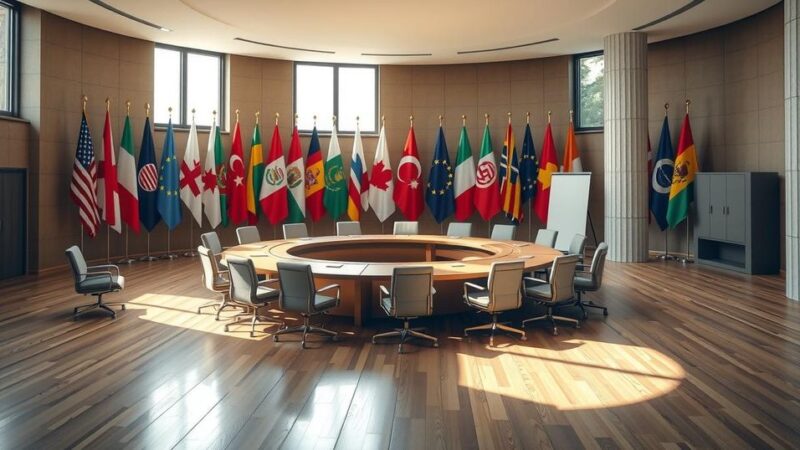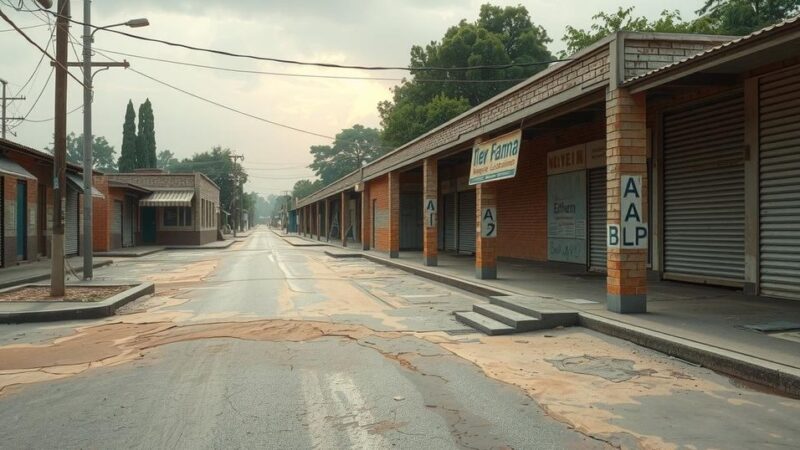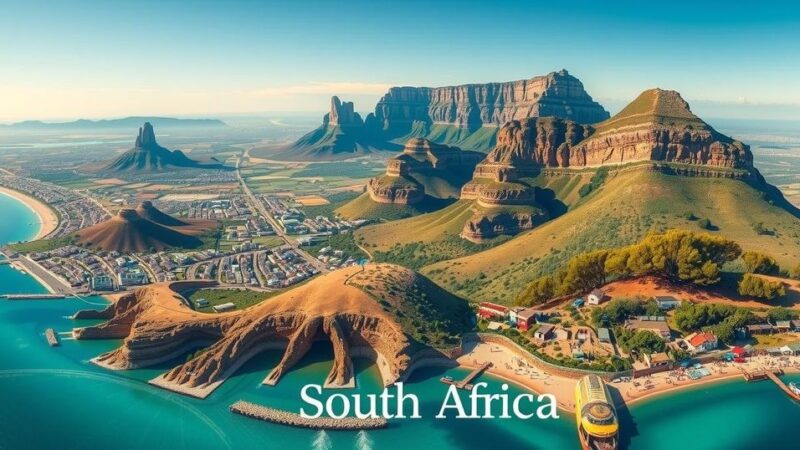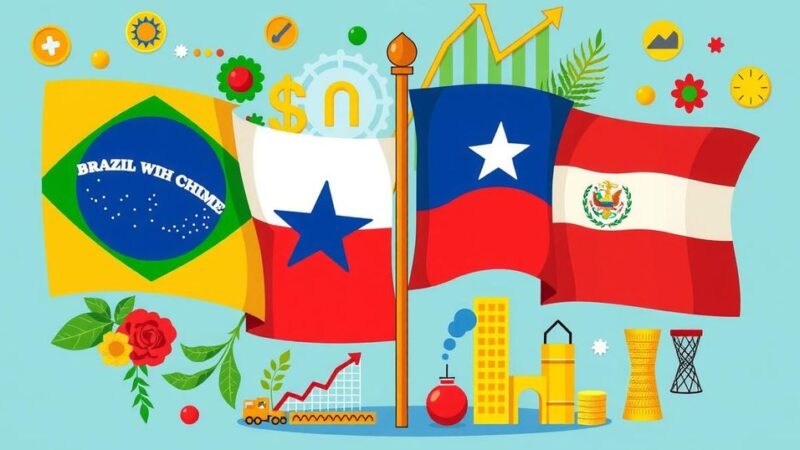Trinidad and Tobago held parliamentary elections amid rising violence and economic troubles. Former energy minister Stuart Young faces competition from Kamla Persad-Bissessar. The election is crucial for addressing ongoing gang violence and economic downturns, while a state of emergency was previously implemented to combat crime.
Port of Spain (AFP) – On Monday, residents of Trinidad and Tobago cast their votes in parliamentary elections, a crucial event that will determine the next prime minister. This election occurs amid significant economic struggles and rising gang violence in the nation. Former energy minister Stuart Young, who took over from Keith Rowley in March, is facing intense scrutiny as he leads the ruling People’s National Movement (PNM). Polls indicate that his party is trailing behind the United National Congress (UNC) led by Kamla Persad-Bissessar, a former prime minister.
Persad-Bissessar, who is 73, focused her campaign on improving public wages, relating to voters by emphasizing the financial struggles of families. She said, “Election day is for the mother walking the aisles of the grocery store with her children, always with a pen, a pencil, or a calculator in hand because food prices keep rising and she has to keep tabs on what she can buy.”
Conversely, Young has labeled his opponent’s promises as unrealistic, arguing that the government could not manage the additional $2 billion in expenses necessary for the pay raises she proposed. He portrayed his vision for Trinidad and Tobago, stating, “…where our state sector works for you and with you, where services are faster and simpler. Where your time and your dignity is respected.”
A total of 41 members of the House of Representatives are to be elected, with the winning party gaining the opportunity to form the new government and appoint a prime minister. If no party gains a majority, a coalition government may form.
Compounding the elections’ complexity is a severe security crisis haunting the nation, once known for its vibrant culture and beautiful landscapes. Last year, Trinidad and Tobago recorded 623 murders, reflecting an increase from 577 in 2023. Many murders are linked to notorious Latin American gangs, including the Tren de Aragua from Venezuela, identified as a terrorist organization by the U.S.
A U.S. Department of State report classified Trinidad and Tobago as the sixth most dangerous country globally, citing a staggering murder rate of 37 per 100,000 people. The report pointed out vulnerabilities along the southern border, which is approximately 10 miles from Venezuela’s coastline—the gateway for illegal activities like drug trafficking and smuggling.
To address the escalating violence, the government instituted a state of emergency from December until mid-April. Meanwhile, Trinidad and Tobago, the Caribbean’s second-largest natural gas producer, grapples with an economic downturn closely tied to decreasing production. The nation hoped to exploit the Dragon gas field in Venezuela but lost its license due to re-imposed U.S. sanctions relating to the country’s political situation.
In summary, Trinidad and Tobago’s general election unfolds against a backdrop of violence and economic challenges. With Stuart Young of the PNM facing stiff competition from Kamla Persad-Bissessar of the UNC, voters’ choices may hinge on pressing issues like crime and financial stability. The result will significantly influence the nation’s political landscape and its ongoing struggles with insecurity and economic recovery.
Original Source: www.france24.com






